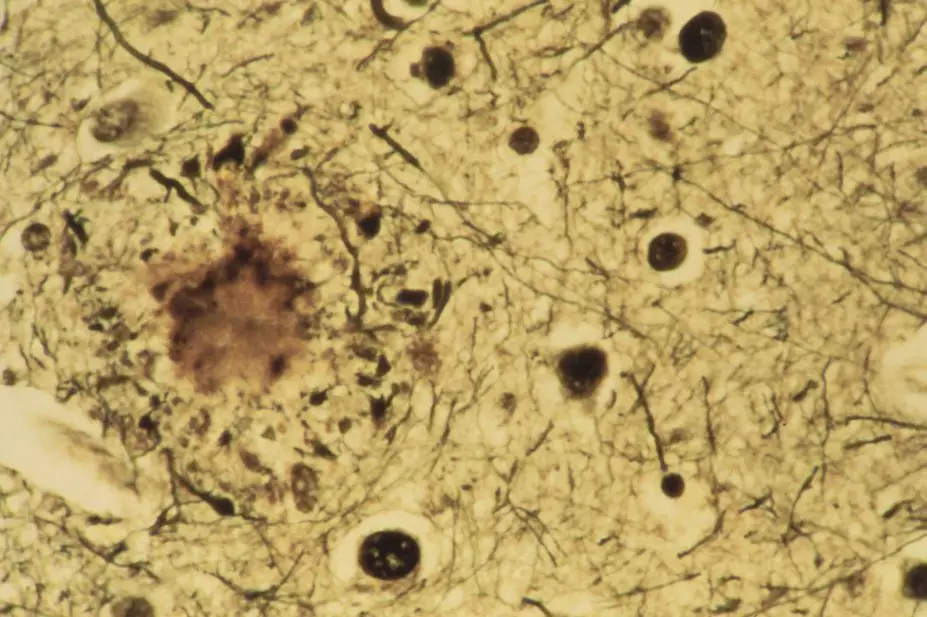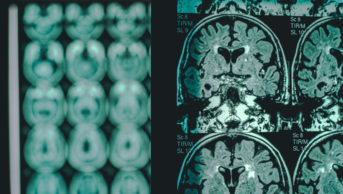
Science Photo Library
Amyloid-beta (Aβ) plaque deposition in the brain is a characteristic feature of Alzheimer’s disease (AD) but so far all attempts to develop treatments against Aβ have failed.
International researchers carried out a randomised phase Ib study of aducanumab, a monoclonal antibody that selectively binds Aβ, involving 165 patients with early-stage AD.
After 14 monthly infusions of aducanumab, brain Aβ volume was decreased in a time and dose-dependent manner, the team report in Nature (online, 31 August 2016)[1]
. And, results from some standardised questionnaires suggested that the rate of cognitive decline slowed in these patients compared with those assigned to placebo.
Aducanumab is currently being studied in two phase III trials, and the researchers conclude that, if an effect on cognitive decline is confirmed, it would provide strong evidence for the role of Aβ in AD.
References
[1] Sevigny J, Chiao P, Bussière T et al. The antibody aducanumab reduces Aβ plaques in Alzheimer’s disease. Nature 2016;537:50-56. doi: 10.1038/nature19323


